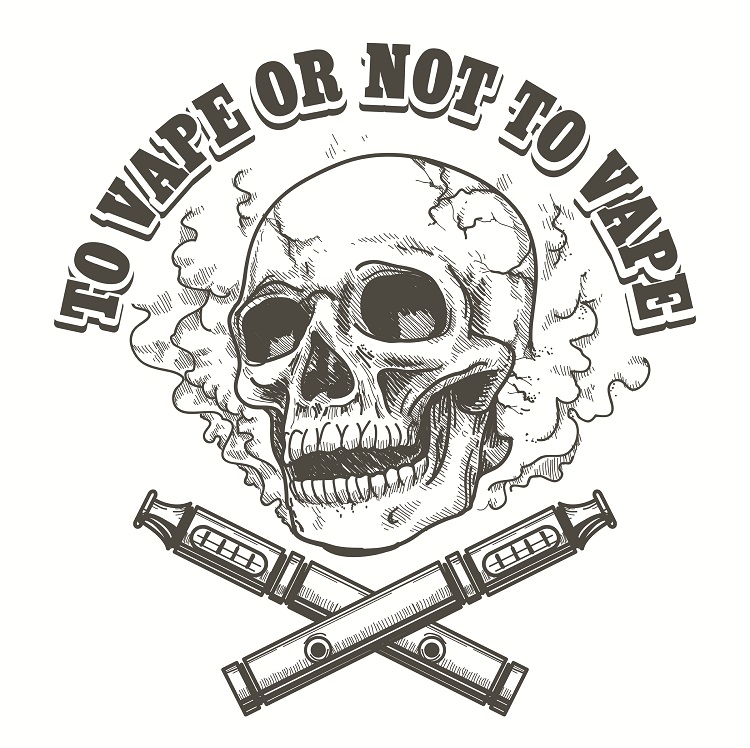ICD-10 CM has no medical coding guidelines or classifications for vaping / e-cigarette use. With the increase use and illnesses being reported, alternatives need to be used to report these diagnoses until ICD-10 approves specific codes. Some codes you could possibly use would include
J69.1 – Pneumonitis due to inhalation of oils and essences
T40.7 – Poisoning by, adverse effect of and underdosing of cannabis (derivatives)
T65.9 – Toxic effect of unspecified substance
When obtaining information from patient, be sure to document the type of e-cigarette used as well as the vaping substance used. Such as nicotine, cannabinoids and or flavorings.
While there is no specific codes for treating vaping or the abuses of vaping, coding expert Maxine Lewis, CPC, president of Medical Coding and Reimbursement in Cincinnati, says “clinicians and coders need to identify the consequences of the problem, but codes 94010-94770 (Pulmonary diagnostic testing and therapies) can be used.”
Initially the code Z77.29 – Contact with and (suspected) exposure to other hazardous substances was being used to document vaping incidents, however with the variety of disorders e-cigarettes and vaping are causing coding will be a challenge.
Codes they suggest using “F17.290 – Nicotine dependence, other tobacco product, uncomplicated” when appropriate says “Gina Sanvik,” health information management (HIM) practice excellence director at AHIMA in Minneapolis, MINN “That is the nicotine dependence -other tobacco products (code). Sanvik, also recommends using F17.291 – F17.293 for coding tobacco use dependence.
As a coder you may also have to report a burn, lung injury or substance dependency.
The FDA Warns Public to Stop Using Tetrahydrocannabinol (THC)-Containing Vaping Products and Any Vaping Products Obtained Off the Street.
Source:
www.partbnews.com September 30, 2019/Vol.33, Issue 37
https://www.fda.gov/consumers/consumer-updates/vaping-illness-update-fda-warns-public-stop-using-tetrahydrocannabinol-thc-containing-vaping


